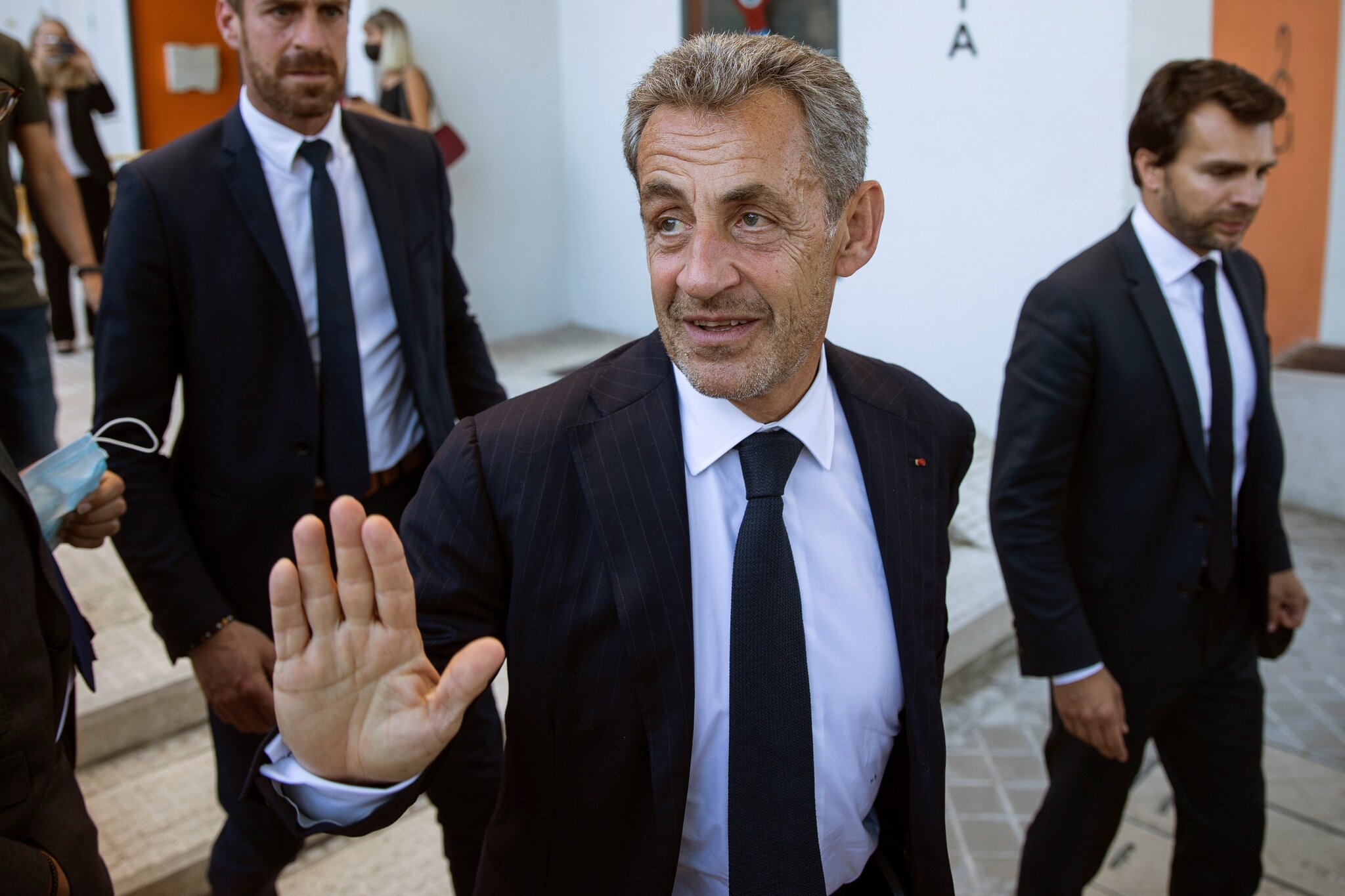By Kerry Howard Mwesigwa
A French appeals court has confirmed the conviction of former President Nicolas Sarkozy on charges of corruption and influence peddling. The ruling maintains a one-year prison sentence for Sarkozy, marking an unprecedented event in modern French history where a former president has been found guilty of corruption and sentenced to jail.
Sarkozy, who served as president from 2007 to 2012, faced charges in 2021 related to an attempt to bribe a magistrate for insider information on a legal case involving him. Despite his persistent denial of any wrongdoing, the Paris appeals court has now affirmed both the conviction and the sentence.
Jacqueline Laffont, Sarkozy’s defense lawyer, expressed shock and disappointment with the decision, maintaining Sarkozy’s innocence. She announced their intention to appeal the ruling to France’s highest court, the Cour de Cassation. It is important to note that the Cour de Cassation solely reviews lower court rulings for legal or procedural errors and does not re-examine factual aspects.
The appeals court has upheld a three-year prison sentence for Sarkozy, with two years of the sentence suspended. As a result, Sarkozy would be required to serve the remaining year of his sentence with an electronic bracelet, thus avoiding physical incarceration. The presiding judge, Sophie Clement, decided against reducing the punishment as recommended by the prosecutors, emphasizing the adverse impact of the case on the nation’s institutions.
This conviction is part of a series of legal battles Sarkozy has encountered over the past decade. The case, commonly referred to as the “wiretapping affair,” has an indirect connection to allegations of illegal campaign financing during the 2007 election. Wiretapped conversations revealed Sarkozy’s involvement in a scheme to secure a favorable position for a judge in Monaco in exchange for confidential information regarding an investigation into his campaign finances.
Alongside Sarkozy’s conviction for corruption and influence peddling, his lawyer, Thierry Herzog, and the implicated judge, Gilbert Azibert, also had their convictions upheld. The judge noted that Herzog’s personal relationship with Sarkozy compromised his professional judgment, as he failed to advise the former president on the illegality of his actions. The court dismissed Sarkozy’s claims of ignorance and rejected his argument questioning the admissibility of wiretapped conversations as evidence.















